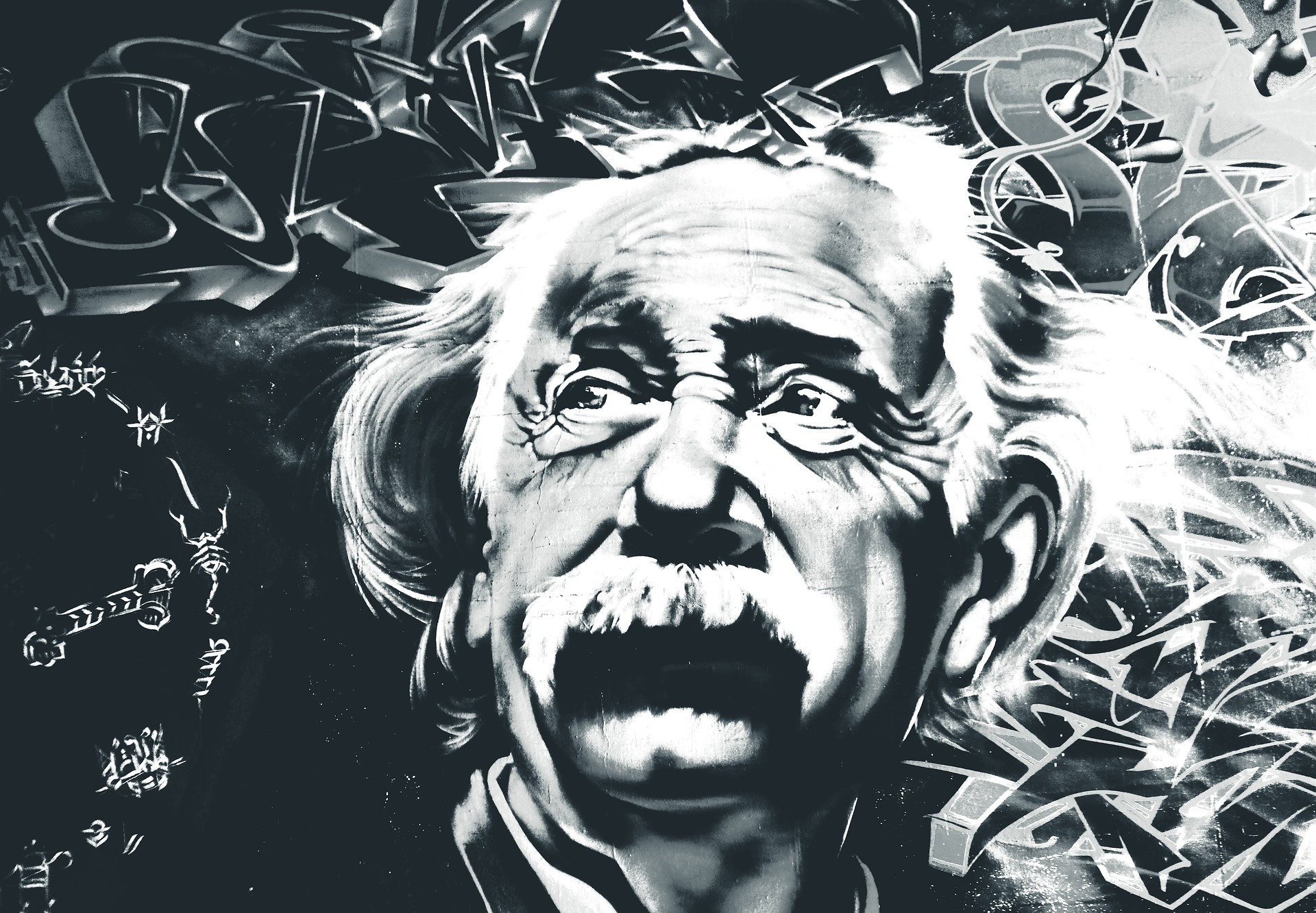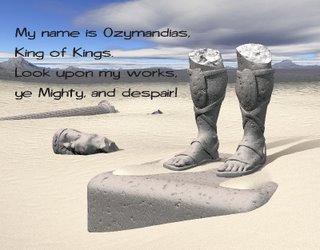About the Poet – Walt Whitman (31 May 1819- March 26 1892), born Walter Whitman, was an American poet and essayist who also dabbled in journalism. He achieved immense fame after the publication of his poetry collection, Leaves of Grass, in 1855. Having worked as a printer’s devil, he had self-published his poetry collection and kept revising it till the end of his time. He continues to be a favourite among litterateurs for his unique outlook. He was a humanist, and swung between transcendentalism and realism in his art. He is called the father of free verse even though he has not invented it, and it is in his poetry that free verse achieves its full potential.
Walt Whitman was born in Huntington, Long Island but towards the end of his life, he moved to Camden, New Jersey. He had always been politically inclined and had volunteered as a nurse during the American Civil War. Walt Whitman was also a controversial man. He spoke out against slavery and was a deist, which means he embraced all faiths, all religions equally. However, the most controversial aspect of his life was the one regarding his sexuality. According to popular opinion, he was considered homosexual, although there is no evidence to prove the theory.
His poetry, which almost reads like prose, is also famous for dealing with controversial subject matter like prostitution, sexuality and the act of lovemaking.
Walt Whitman is one of those gems of the literary canon who are referred to time and again, not only for their sentimentality but also for the immediacy and relevancy of their subject matter.
About the Poem
‘A Noiseless Patient Spider’ is a short poem of two stanzas. The poem was initially part of a larger poem called ‘Whispers of Heavenly Death’ which was printed in ‘The Broadway, London Magazine’ in October 1868. ‘A Noiseless Patient Spider’ was the 3rd stanza of the poem and it was later printed as a separate piece in the 1891 edition of Leaves of Grass. The poem is at once descriptive of the natural world around us and of the spiritual journey each one of us undertakes from the time we are born.
Setting of A Noiseless Patient Spider- Mood:
The poem is set against a very stark yet beautiful background. The mood of the poem is pensive and sedate. The poet, in this poem, embarks on a philosophical quest which ultimately leads to the question of meaning of life while musing on the vastness and, at the same time, on the short breadth of life. The natural life and spiritual life converge and he finds himself thinking about the potential of life in general.
Annotations–Stanzawise:
Stanza 1:-
A noiseless, patient spider,
I mark’d, where, on a little promontory, it stood, isolated;
Mark’d how, to explore the vacant, vast surrounding,
It launch’d forth filament, filament, filament, out of itself;
Ever unreeling them—ever tirelessly speeding them.
Noiseless: the adjective is used to emphasize the stillness of the spider.
Promontory: a piece of high land that ends abruptly on one side; a cliff overlooking the water.
Filament: thread, fiber.
Stanza 2:-
And you, O my Soul, where you stand,
Surrounded, surrounded, in measureless oceans of space,
Ceaselessly musing, venturing, throwing,—seeking the spheres, to connect them;
Till the bridge you will need, be form’d—till the ductile anchor hold;
Till the gossamer thread you fling, catch somewhere, O my Soul.
O my Soul: the poet addresses his own soul. He compares the solitary spider to his innermost self, his soul.
Measureless oceans of space: life in its potency and entirety. The words ‘measureless’, ‘oceans’ give a semblance of an enormous spaciousness that is haunting and creates a space in the poem for the imagination to run free.
Seeking the spheres: this line echoes the spider’s web; here it can be interpreted as the various fragments and aspects of life that gives it meaning. The earnestness of the poet’s search is heightened in this stanza and specifically in the next few lines.
Bridge: again, this is reminiscent of a spider’s web which can be read as the various experiences that make up life.
Ductile: malleability of a material; ability to stand pressure or tension.
Anchor: an iron weight used to hold ships and boats in their places; (here) a place one can hold on to.
Summary of A Noiseless Patient Spider
Stanza 1: The poet comes across a solitary spider on a promontory. As we watches closely, the spider secretes its filament to create a web, as if to explore the vacant space around it through the web. The poet here notes the spider’s tireless efforts and he is immediately reminded of his soul and the soul of man in general.
Stanza 2: In the second stanza, the poet is reminded of the nature of mankind by watching the spider. He addresses his own soul as he realizes that it too is trying to explore the endless potential of life. Standing solitary, yet surrounded by the immensity of life, the poet’s soul ventures out of its place, filament by filament, like the spider, and seeks to connect to the outer world, to seize the opportunities offered by life and perhaps attain the meaning he has been looking for. you can go through the critical analysis of the poem here.
Keywords: A Noiseless Patient Spider summary, Meaning of A Noiseless Patient Spider , A Noiseless Patient Spider notes, A Noiseless Patient Spider explanation, A Noiseless Patient Spider analysis.
Some online learning platforms provide certifications, while others are designed to simply grow your skills in your personal and professional life. Including Masterclass and Coursera, here are our recommendations for the best online learning platforms you can sign up for today.
The 7 Best Online Learning Platforms of 2022
- Best Overall: Coursera
- Best for Niche Topics: Udemy
- Best for Creative Fields: Skillshare
- Best for Celebrity Lessons: MasterClass
- Best for STEM: EdX
- Best for Career Building: Udacity
- Best for Data Learning: Pluralsight
















